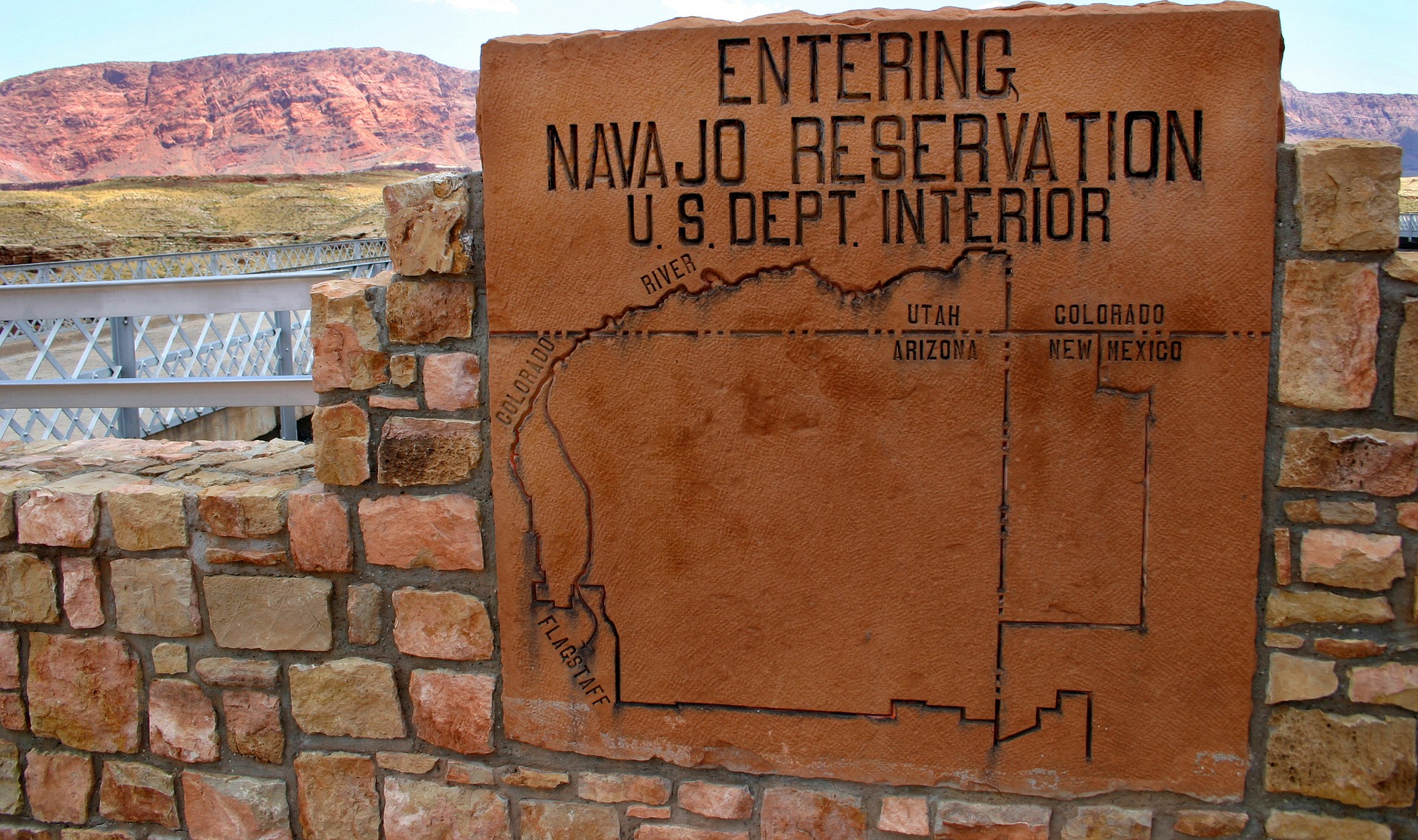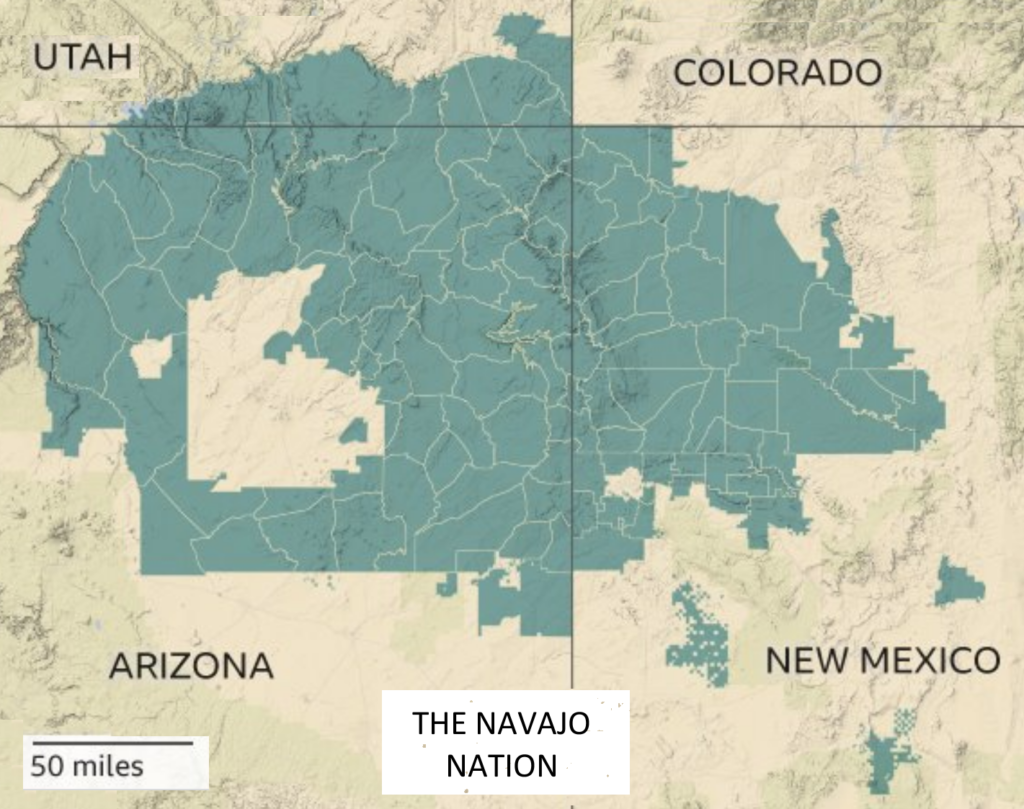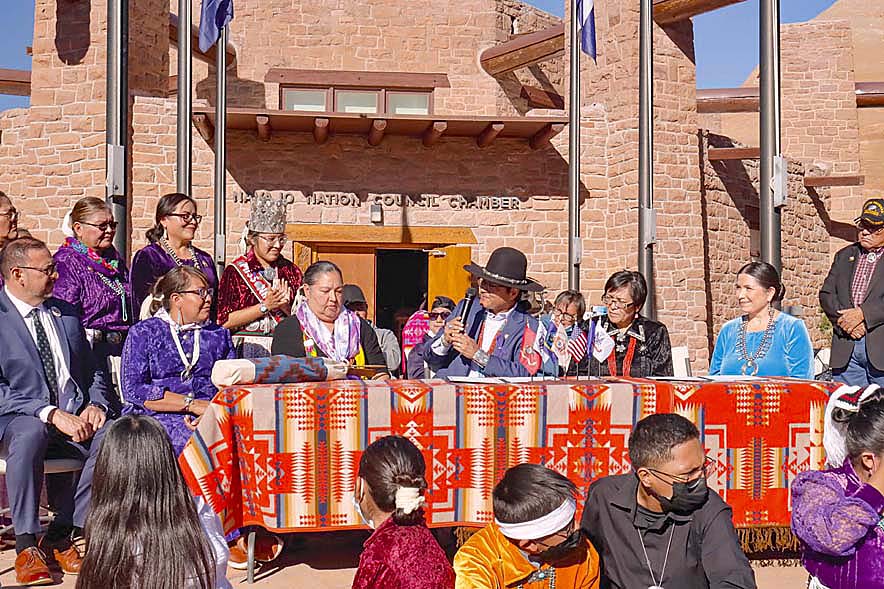The Navajo Nation: Unpacking the Complexities of Wealth and Sovereignty
The Navajo Nation: Unpacking the Complexities of Wealth and Sovereignty

The Navajo Nation, the largest Native American reservation in the United States, is a sprawling land of breathtaking beauty and rich cultural heritage. However, beneath the surface of this vibrant community lies a complex reality of economic challenges and ongoing struggles for self-determination. While the Navajo Nation’s net worth is a topic of much speculation and debate, it’s crucial to understand the multifaceted nature of wealth in a sovereign nation like this one.
Beyond the Dollar Signs: Defining Navajo Nation’s Wealth
Related Articles: The Navajo Nation: Unpacking the Complexities of Wealth and Sovereignty
- Unveiling The Wealth: Top 10 Richest Native American Tribes In The United States
- The Shakopee Mdewakanton: A Look At Their Wealth And The Factors Behind It
- Unveiling The Enchanting World Of Blue Eye India: A Journey Through Culture, Fashion, And Beauty
- Oklahoma’s Wealthy Legacy: Top 10 Richest Native American Tribes
- Unveiling The Wealth Of Indigenous Nations: Exploring The Richest Indian Tribe In America
The concept of "net worth" for the Navajo Nation is not a straightforward one. Unlike a private corporation or individual, the nation’s wealth extends beyond financial assets and encompasses a wide range of resources, including:
- Land and Natural Resources: The Navajo Nation boasts over 27,000 square miles of land, rich in natural resources like coal, uranium, oil, and natural gas. These resources hold significant potential for economic development, but also present challenges in terms of environmental protection and sustainable management.
- Cultural Heritage and Intangible Assets: The Navajo Nation’s cultural heritage, including its language, traditions, and artistic expressions, is a priceless asset. This heritage attracts tourists and supports a thriving arts and crafts industry, contributing to the nation’s economy and cultural identity.
- Human Capital: The Navajo people possess a wealth of knowledge, skills, and entrepreneurial spirit. However, disparities in education, healthcare, and employment opportunities continue to present challenges for the full realization of this human potential.
- Self-Governance and Sovereignty: The Navajo Nation’s status as a sovereign entity grants it a unique form of autonomy, allowing it to govern its own affairs and pursue its own economic and social goals. This sovereignty is a valuable asset, enabling the nation to negotiate with the federal government and other entities on its own terms.
Navigating the Challenges: Economic Development and Sustainability

Despite its rich resources, the Navajo Nation faces significant economic challenges, including:
- High Poverty Rates: The Navajo Nation has one of the highest poverty rates in the United States, with unemployment exceeding the national average. This poverty is exacerbated by limited access to education, healthcare, and infrastructure.
- Dependence on Federal Funding: The Navajo Nation relies heavily on federal funding for essential services like education, healthcare, and infrastructure. This dependence can be challenging, as federal funding often fluctuates and may not meet the nation’s full needs.
- Environmental Challenges: The Navajo Nation’s land has been heavily impacted by mining, energy extraction, and other industrial activities. These activities have left behind environmental damage and health risks, requiring significant investments in remediation and sustainability.
- Limited Infrastructure: The Navajo Nation lacks adequate infrastructure, including roads, electricity, and water, which hampers economic development and limits opportunities for residents.
Strategies for Growth: Embracing Economic Diversification and Sustainability
The Navajo Nation is actively seeking solutions to these challenges through various initiatives, including:
- Economic Diversification: The nation is actively pursuing economic diversification strategies, moving beyond its reliance on natural resource extraction. This includes investments in tourism, renewable energy, agriculture, and small business development.
- Education and Workforce Development: Investing in education and workforce development programs is crucial to empower Navajo people with the skills and knowledge needed to succeed in a changing economy.
- Infrastructure Development: The Navajo Nation is working to improve its infrastructure by investing in roads, electricity, water, and telecommunications, which will improve access to services and stimulate economic growth.
- Environmental Stewardship: The Navajo Nation is committed to environmental sustainability, implementing programs to protect its natural resources, promote clean energy, and address the legacy of environmental damage.

The Future of the Navajo Nation: A Story of Resilience and Progress
The Navajo Nation faces a complex set of challenges, but its resilience and determination are evident in its ongoing efforts to achieve economic self-sufficiency and improve the lives of its people. The nation’s commitment to cultural preservation, environmental stewardship, and economic development reflects a vision for a future where its unique assets are leveraged for the benefit of all Navajo people.
FAQ about Navajo Nation Net Worth
Q: What is the Navajo Nation’s net worth?
A: There is no definitive answer to this question as the Navajo Nation’s wealth extends beyond financial assets and includes land, natural resources, cultural heritage, and human capital.
Q: Does the Navajo Nation have any money?
A: The Navajo Nation does have financial assets, but these are often limited and fluctuate depending on various factors, including government funding and revenue from resource extraction.
Q: How much land does the Navajo Nation own?
A: The Navajo Nation owns over 27,000 square miles of land, making it the largest Native American reservation in the United States.
Q: What are the main sources of revenue for the Navajo Nation?
A: The Navajo Nation’s revenue sources include federal funding, resource extraction (coal, uranium, oil, natural gas), tourism, and various tribal enterprises.
Q: What are the biggest challenges facing the Navajo Nation’s economy?
A: The Navajo Nation faces challenges such as high poverty rates, dependence on federal funding, environmental degradation, and limited infrastructure.
Q: What is the Navajo Nation doing to address its economic challenges?
A: The Navajo Nation is actively pursuing economic diversification, investing in education and workforce development, improving infrastructure, and prioritizing environmental sustainability.
Q: What is the future of the Navajo Nation’s economy?
A: The Navajo Nation’s future economic prospects are tied to its ability to overcome its challenges and capitalize on its unique assets. Its commitment to self-determination, cultural preservation, and economic development offers hope for a brighter future for its people.

Closure
Thus, we hope this article has provided valuable insights into The Navajo Nation: Unpacking the Complexities of Wealth and Sovereignty. We hope you find this article informative and beneficial. See you in our next article!


